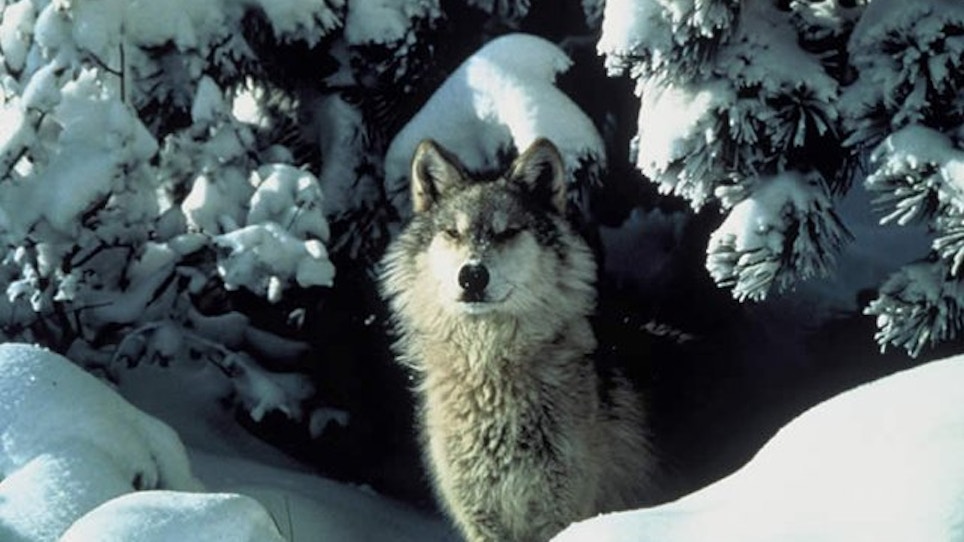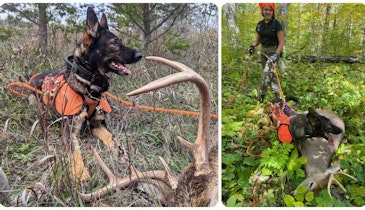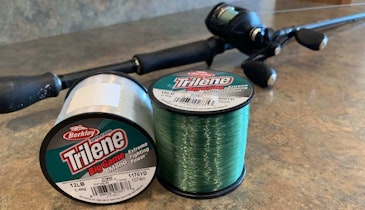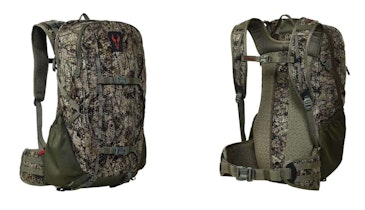By TODD RICHMOND | Associated Press
MADISON, Wis. (AP) — The state Department of Natural Resources plans to ask wolf hunters and trappers to let a federal wildlife specialist watch them skin their kills this fall in an effort to determine whether hunters' dogs are attacking the animals in the woods.
The tactic comes as animal rights advocates continue to raise concerns about provisions in state law that allow hunters to use hounds to chase down wolves. They insist the measures set up vicious dog-on-wolf fights in the woods. Hunters who use dogs say they have trained them to chase but not engage wolves. Still, it's unclear whether dogs are truly fighting with wolves or not.
The DNR is preparing to draft a permanent rule governing the use of dogs in wolf hunting. The agency examined 27 of the 35 wolves killed by hunters using dogs during last year's season but couldn't find any conclusive evidence of fights or law violations. DNR officials warned the study was compromised because hunters had skinned the wolves before the examinations, accelerating decomposition.
The Natural Resources board adopted a motion in June ordering the DNR to come up with a better method of evaluating injuries to wolves killed by hunters using dogs.
DNR Large Carnivore Specialist Dave MacFarland presented a plan to the board Wednesday that calls for sending letters to everyone who receives a wolf permit this year. The letters will ask the permit holders to refrain from skinning them to preserve any injuries. Following registration, a U.S. Department of Agriculture wildlife specialist will set up an appointment with the hunter to observe the skinning. The specialist will document injuries to the carcass and submit the data to the DNR for evaluation.
MacFarland told the board that the agency wants information on injuries on as many wolves as possible—not just those killed by hunters with dogs—so it can establish a baseline rate of bite injuries to compare against wounds on wolves killed by hunters with dogs. A large discrepancy between the two rates would signal that something is afoot with hunters, he said.
MacFarland said the DNR expects to spend up to $10,000 to reimburse the USDA specialists. Participation in the plan is voluntary, however; MacFarland predicted few hunters would participate.
“We'd be asking somebody to let a wildlife specialist sit in their garage with them while they skin the animal,” he said.
The plan didn't require board approval.
The president of the Wisconsin Bear Hunters Association, a key advocate for hunting wolves with dogs, didn't immediately return a telephone message Wednesday. Animal rights advocates also didn't immediately return messages.






